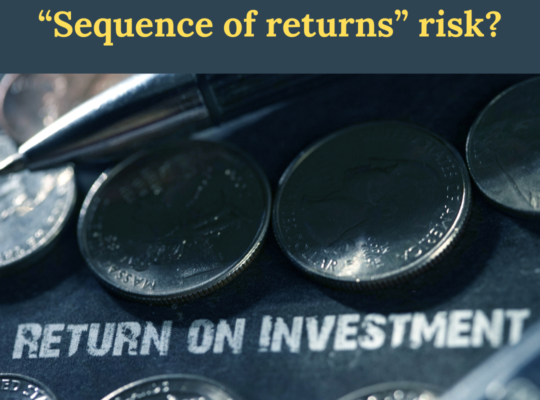
Continuing in those stocks which are past their best period and are on the a downward spiral, overly averaging poor quality stocks as they continue to trend down (which is similar to catching a falling knife), substantially making use of debt to invest in equities to get rich quick, and investing more than you are ready to lose in F&O trading are a few instances of biases and shows investors’ improper reasoning when it comes to investing.
We are all aware of Daniel Kahneman. For those who are not aware, Daniel Kahneman is best-known for his work on the psychology of judgment, decision-making and behavioral economics, for which he was awarded the 2002 Nobel Prize. In his immensely famous and successful book, ‘Thinking, Fast and Slow’, Daniel describes the two systems (System 1 and System 2) in our brain that regulate our decision-making process. System 1 is quick, automatic, subconscious, intuitive, and instinctual, relying on generalizations and biases. System 2 is slow, aware, analytical, objective, and regulated, relying on logical and rational thinking. Both systems have a meaningful purpose in our lives and are vital. However, the challenge in decision-making emerges when we apply System 1 to places where System 2 is required, or vice versa.
As per the ‘Prospect Theory’ study released by Daniel Kahneman and his research collaborator Amos Tversky, the psychological grief of losing is roughly twice as severe as the joy of gaining. According to this theory, we all endeavor to prevent losses. However, when we invest using System 1 thinking and lose money, our emotional reactions get stronger, perhaps leading to more biased decision-making. Examples include averaging bad quality stocks as they decline rather than recording losses and buying a company that is better, putting additional money into F&O trading even after significant losses. Losses obscure our thoughts, and we fail to recognize that there are other viable investments to explore instead. This is called Loss aversion bias, where we continue to make huge losses (knowingly and unknowingly), thinking to overcome the already incurred losses.





